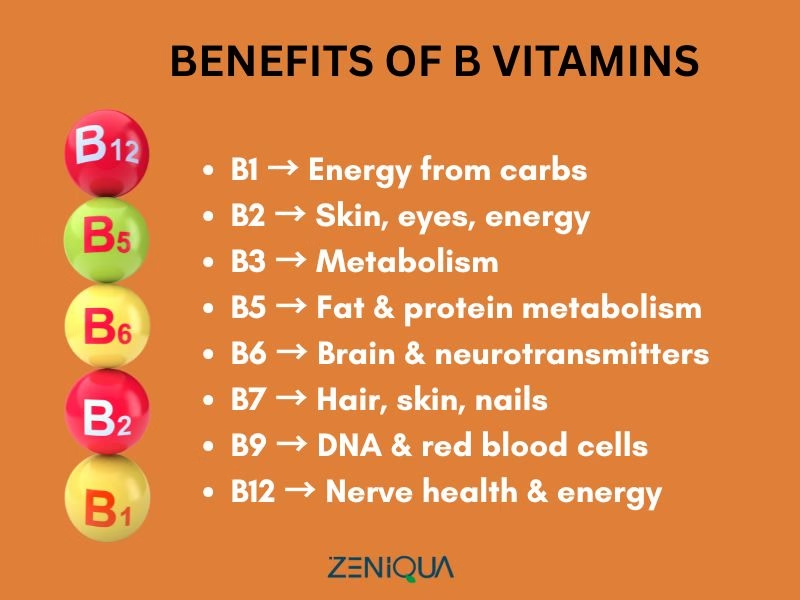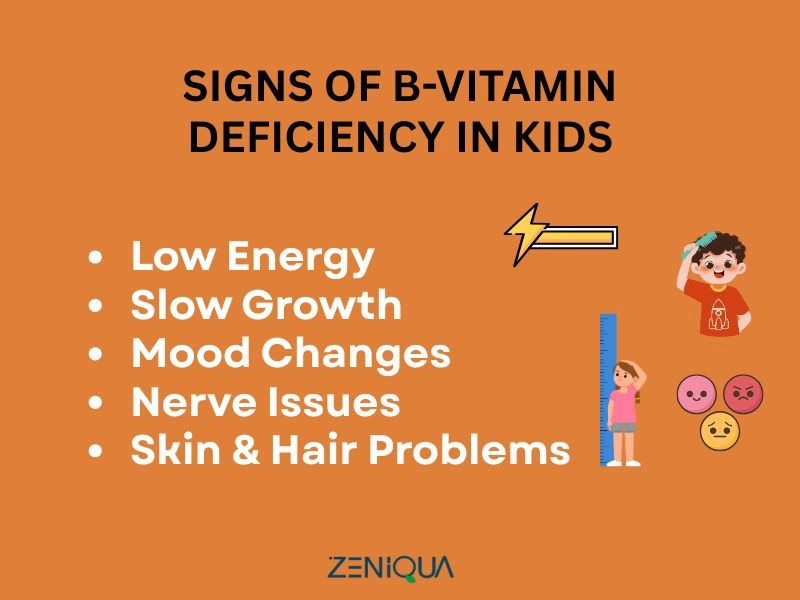QUICK LINKS
PRODUCTS
RECENT POSTS
17
Oct
Vitamins for Eye Health: Complete Guide to Vision Support Nutrients
Did you know that nearly half of your eyes’ defense against light and ageing depends on nutrients? We often blame screens and ageing fo...
16
Oct
Best Multivitamins for Men – Essential Nutrients for Active Lifestyles
Did you know that nearly 70% of men globally consume inadequate levels of essential nutrients like calcium, magnesium, and vitamins A, ...
15
Oct
Don’t Buy Any Biotin Supplements Until You Read This
Are you frustrated because your hair still looks thin, your nails keep breaking, and your skin feels dull even though you are taking bi...


















